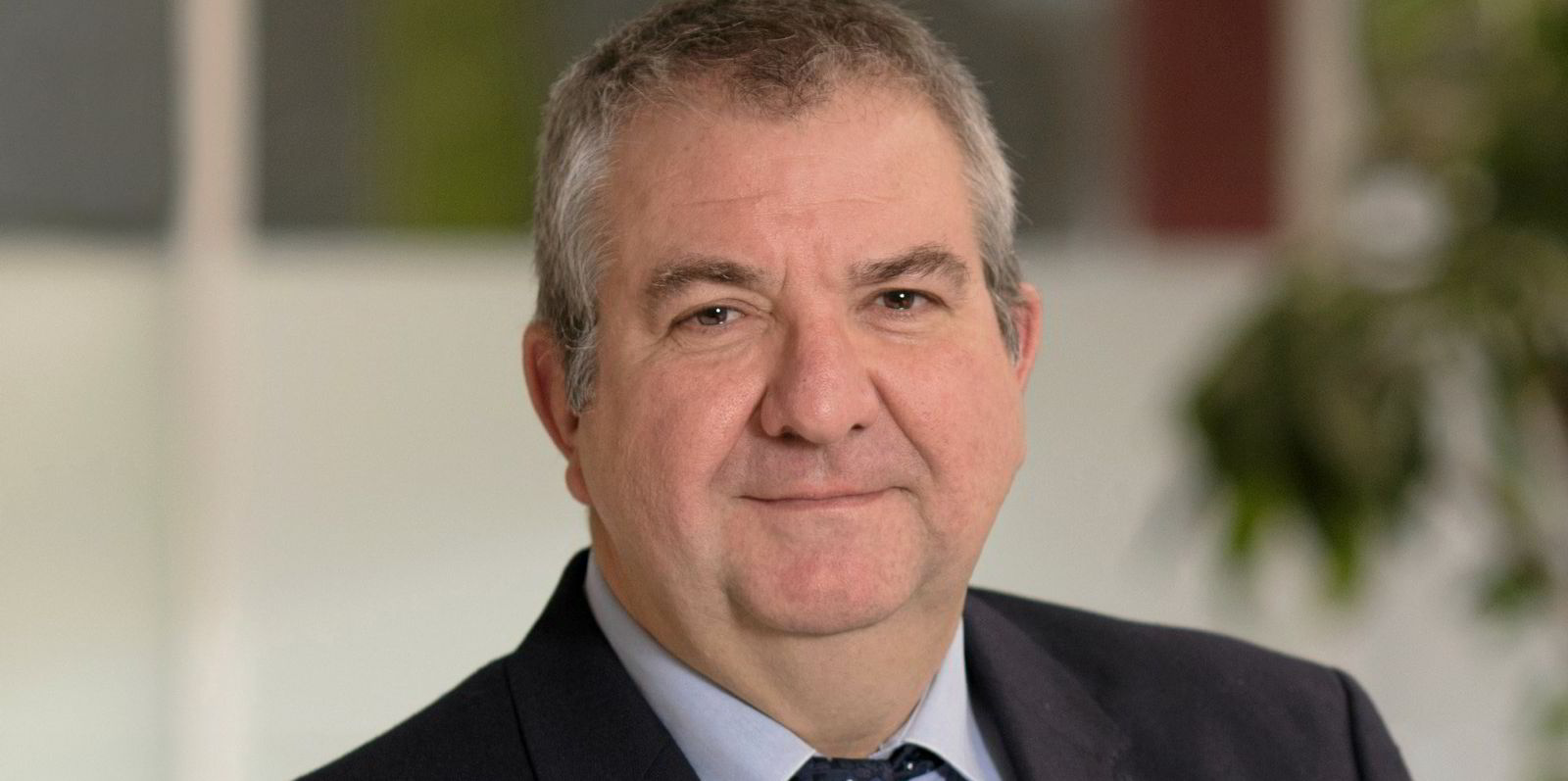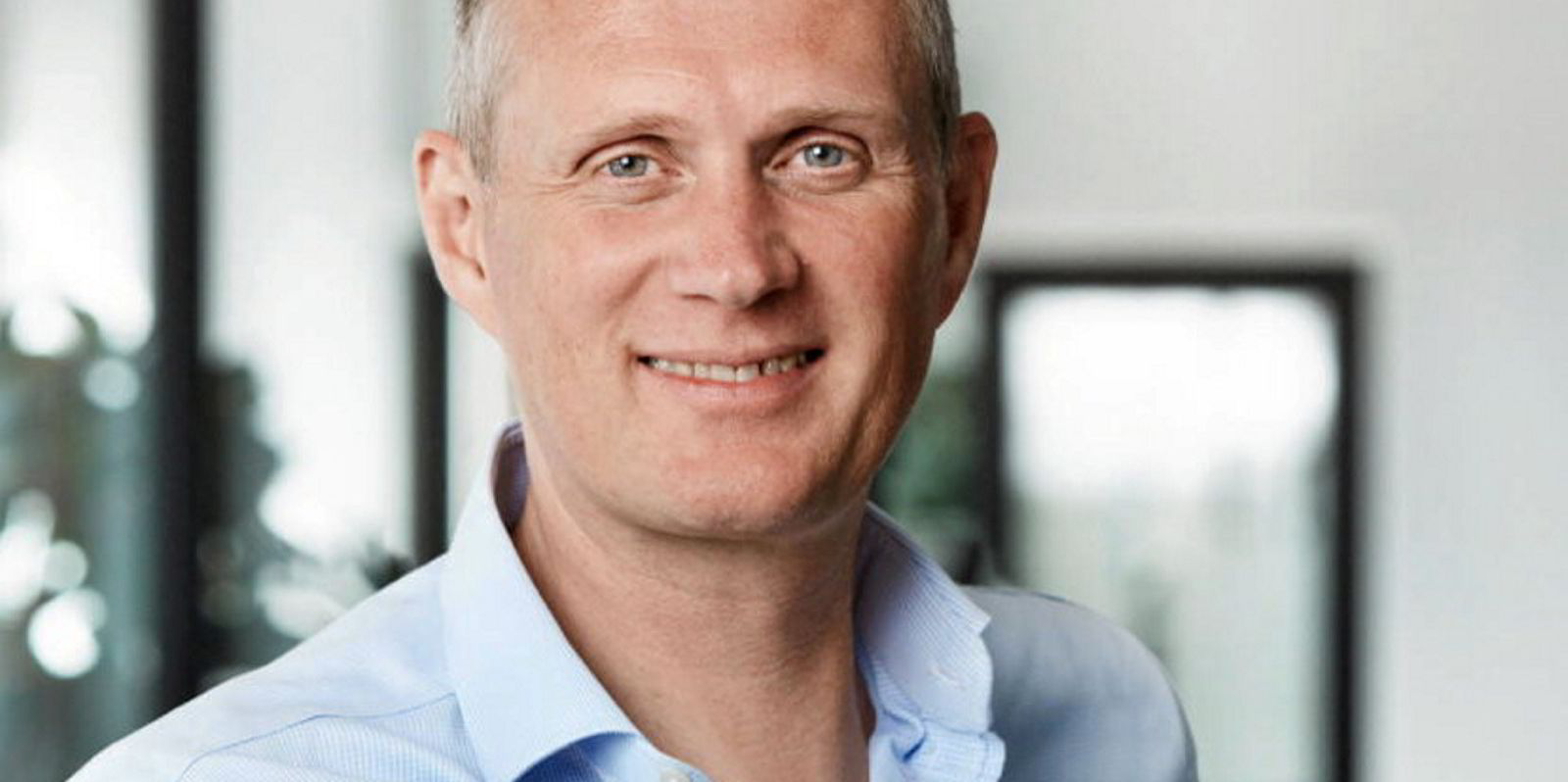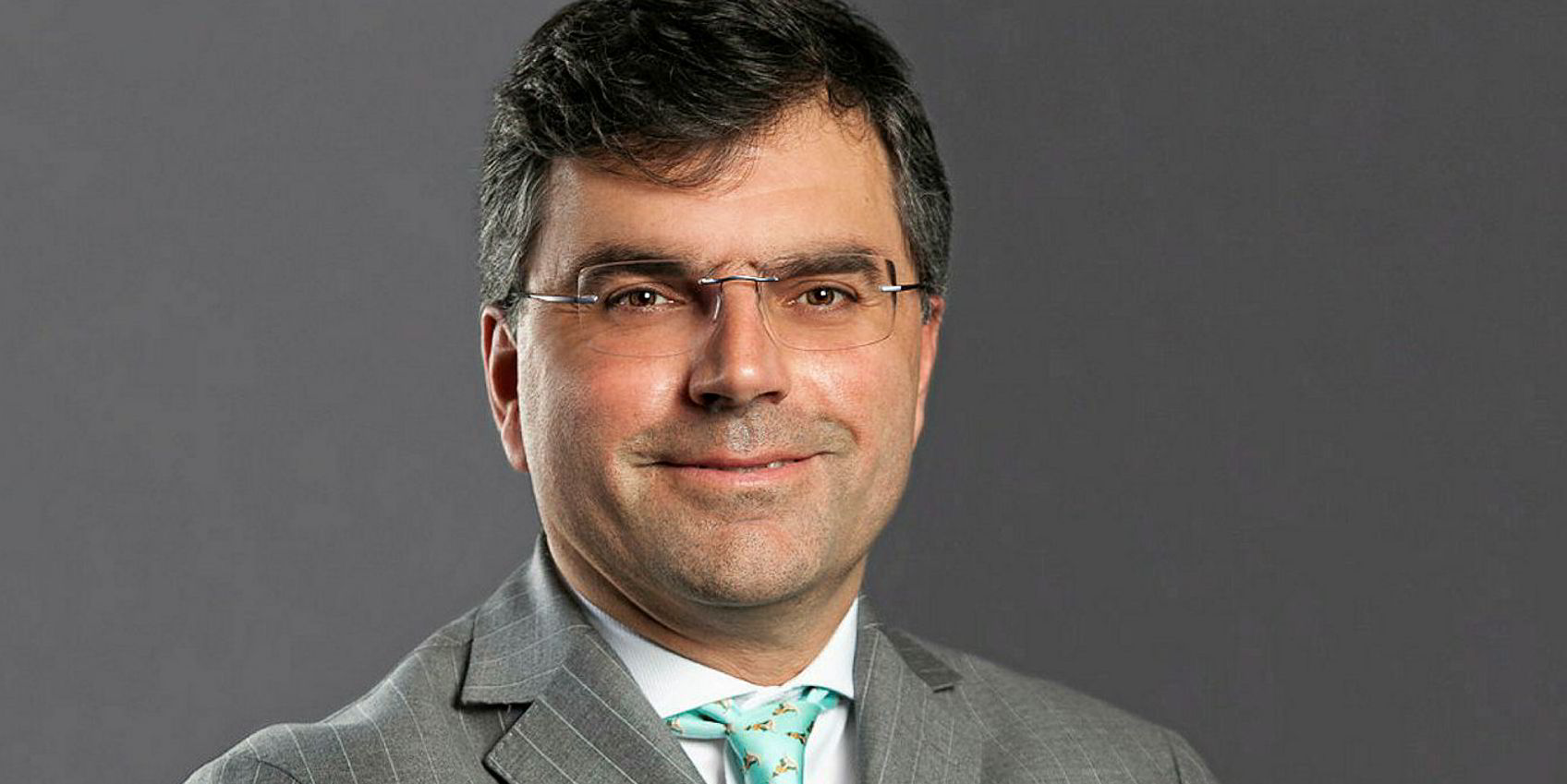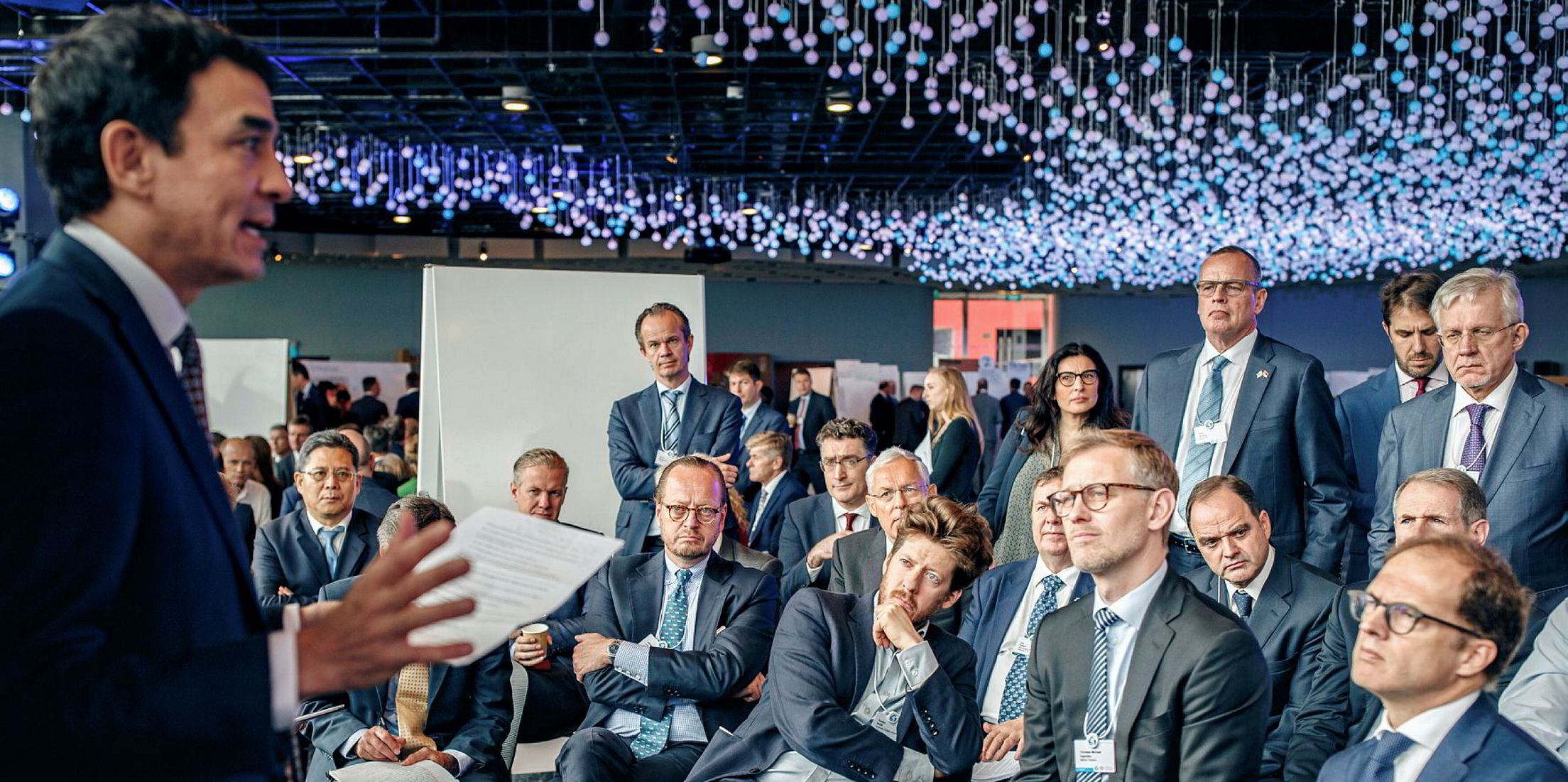Cargill will soon begin to offer a bunker procurement service while getting Maersk Tankers on board as its first customer.
The US-based trading giant, which has a chartered fleet of about 700 vessels, said it will launch its bunker agent business from April amid rapid changes in the marine fuel industry.
“We have consolidations accelerating on the supply,” Olivier Josse, head of tankers and marine fuel at Cargill Ocean Transportation, told TradeWinds. “We need also to consider ourselves as a buyer. We don't want to lose out of our bargain power into these evolutions.”
Maersk Tankers, which commercially manages Cargill’s MR tankers, has authorised the trader to act as its agent in procuring bunker fuel for its fleet of more than 220 product tankers.
This will allow Cargill to start this business with an initial bunker volume of 3.5m tonnes per year for the companies' combined fleet, making it one of the largest fuel buyers in the market.
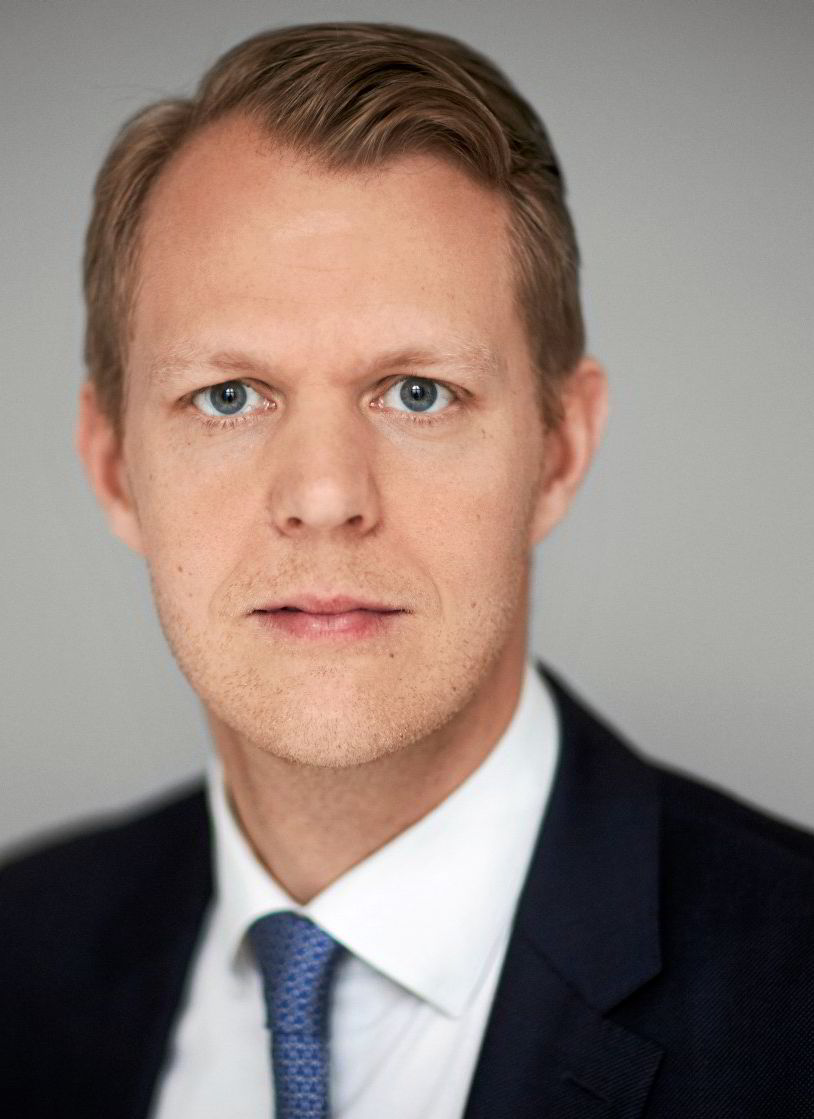
The Danish pool manager is understood to be deeply involved in this partnership, with employees Julie Louise Nielsen and Jacob Vilstrup Lisby seconded to work with Cargill.
“Tramp shipping companies face challenges today in a bunker market that is becoming increasingly complex,” Maersk Tankers chief investment officer Claus Gronborg said.
“Through our scale, they will get access to bunker fuel at competitive prices, while getting an experienced partner that will navigate the bunker market on their behalf.”
Cargill expects to buy fuel in spot markets for small and midsize players at the beginning, but Josse said the business scale might expand to cover term procurements in line with customers’ requirements.
“We could [also] have some big players as a strategic move to be on board,” he said.
Industry transformation
Driven by decarbonisation and IMO 2020 rules, the bunker industry is facing profound changes in terms of quality requirements.
With low, zero-carbon fuels still under development, Cargill promises to look at all alternatives whenever new demand arises.
“We want to offer to our customers all the possibilities that can be burned into a ship,” Josse said, adding that Cargill’s own biofuel production could also be an option.
The trader is also aiming to offer a “one-stop shop” procurement platform with market intelligence and claims support, with expertise from its ZeroNorth technology venture with Maersk Tankers.
“We’d like ultimately to be able to provide a digital service where everything is available in one area,” Josse said.
‘Conflicts of interest’
Cargill’s approach is markedly different from that of rival trader Trafigura, which established a bunker venture with two John Fredriksen-controlled firms.
TFG Marine, acting as a bunker trader, supplies fuel to its three shareholders that include Frontline and Golden Ocean as well as third parties.
Cargill, which sold its petroleum business to Macquarie in 2017, is no longer involved in fuel trading.
Josse described his company as an independent bunker customer “with no physical oil activity or bunker assets”.
“There will be no conflicts of interest," he said. "We can therefore focus on providing transparency, robust benchmarking, and a modern and digital customer experience.”
